Liturgical Services
Holy Hour with the Rosary.
Exposition and Benediction on Saturday mornings at 8am.
Holy Hour with the Rosary.
Exposition and Benediction on Saturday mornings at 8am.
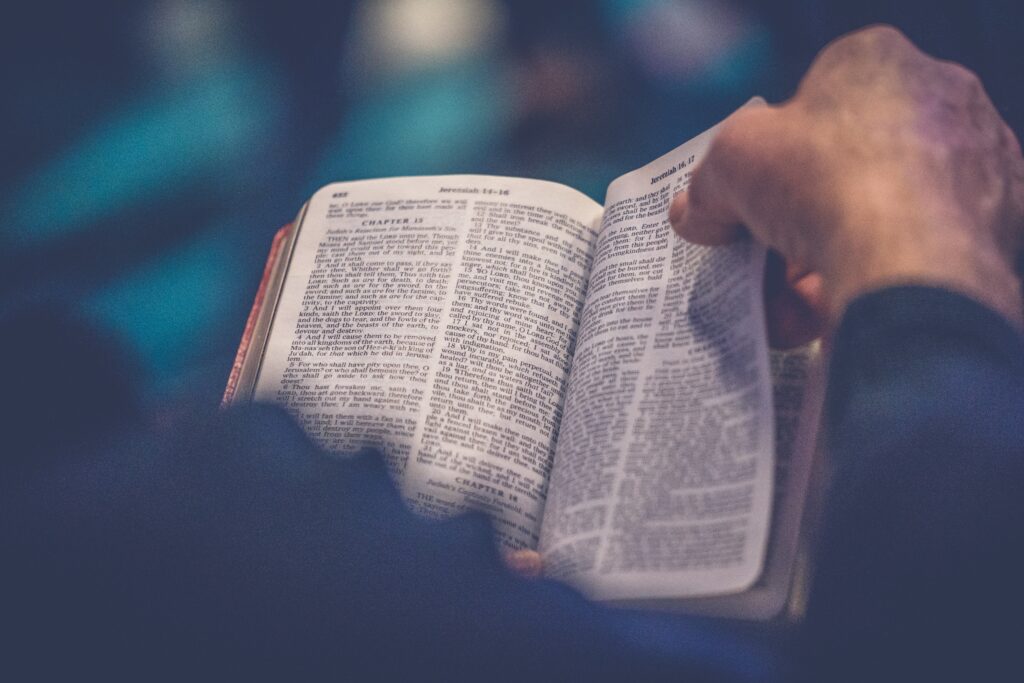
The ministry of the Word aids the Celebrant in sharing God’s message during Holy Mass.
The reader invites people to the Word, interprets it, and delivers the news they need. This is not just moral guidance; it’s the narrative of Salvation.
Volunteer Ministers of the Word work individually, receiving training for quality and technical familiarity.
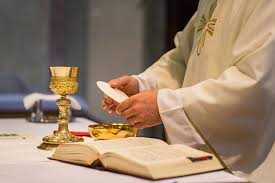
The Extraordinary Ministers of Holy Communion (EMHC) ministry was created by the Holy Father to help the Celebrant distribute Communion at Mass and deliver it to homebound individuals.
EMHCs are selected based on Church and Archdiocese guidelines.
Invitation-only, they serve for a year, considering it a privileged and humble contribution to the Lord’s service.
If you wish to find out more about this ministry, or if you require someone to bring you Holy Communion, please contact Parish Office.

Welcome Prayer for Our Church
Dear God, may the entrance of this church be wide enough to embrace all seeking human love and fellowship, yet narrow enough to shut out envy, pride, and conflict. May its threshold be gentle for children and those lost, yet sturdy enough to repel the tempter’s grasp. Let the doors of this sacred place be the gateway to your eternal kingdom. We humbly ask for this grace through Christ our Lord. Amen.
Prayer for Greeters
Lord, inspire me to extend a warm welcome to all I encounter, especially those who challenge me. May I carry your love and compassion to every person I meet, every day. I am grateful for recognizing your presence in others and seek your forgiveness for moments of judgment. Bless me to continue as a source of blessings to others. May I radiate love and embody your holy essence to all who cross my path. Amen.
The Origin of the Church’s Welcome Ministry
The Welcoming Ministry, including its Meet & Greet team, traces its roots back through history as part of the people of God. Its foundation lies in Scripture and tradition.
The Book of Chronicles, dating back to the third century before Christ, highlights the role of religious orders, not just priests and Levites, but also those with tasks like cantors and doorkeepers.
These roles, akin to today’s Meet & Greet team, formed a guild of gatekeepers with the duty of guarding the entrance to God’s tent, as chronicled in 1 Chronicles 9:19. (From “The Ministry of Ushers” by Gregory F. Smith)
St. Paul’s instruction in Romans 15:7 to “welcome one another as Christ has welcomed you” underscores the importance of hospitality.
Despite its significance, the ministry of greeters is a relatively recent addition in the history of the Church, not mentioned in pre-Vatican II Roman missals.
The terms “hospitality” and “greeter” are absent from the ‘Constitution of the Sacred Liturgy,’ and while the Roman Missal mentions those guiding the faithful, it provides no specific name or description.
Since the time of Pope Paul VI, successive popes have emphasized the need for a “New Evangelization”—a revival of faith for those who, for various reasons, have grown indifferent.
In 2012, the world Synod of Bishops focused on the theme of the new evangelization, stressing the creation of welcoming communities to attract the disenchanted with the fervor of love.
A Liturgical Ministry
The Welcoming Ministry is a vital part of liturgical ministries. Understanding the role of the Meet & Greet team members requires recognizing certain qualities:
Pope Francis calls for an active, involved church that initiates action and support, standing alongside people throughout their journey.
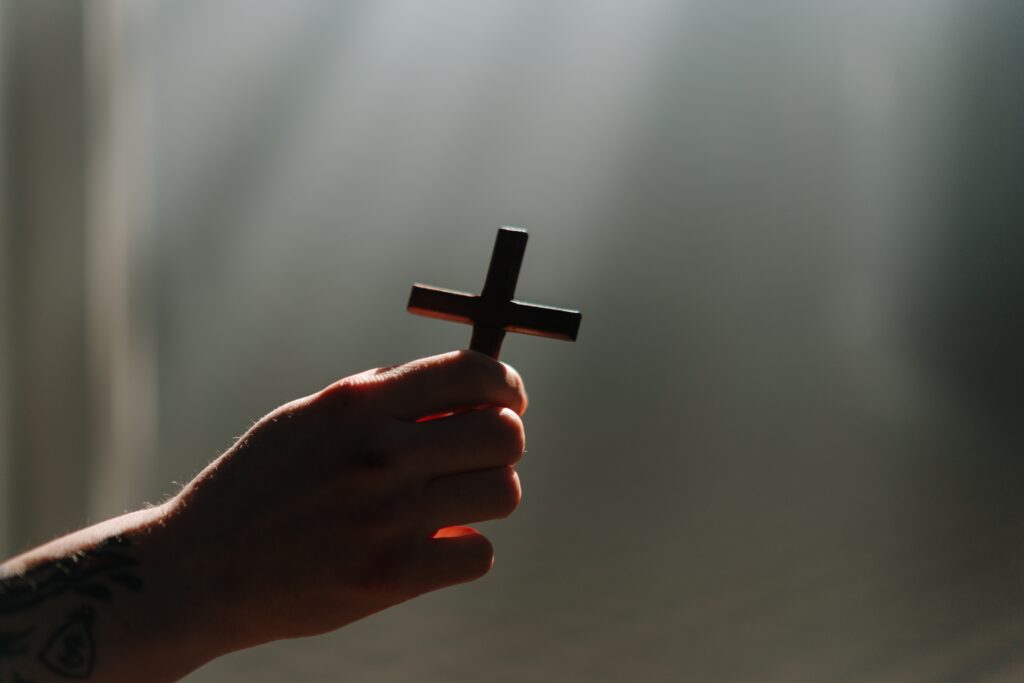
Becoming a Sacristan
If you’re interested in joining our team, please get in touch with Fr. Andrew Cox.
We will schedule a meeting in the Sacristy to provide training. You will become familiar with the names and locations of items used during Mass and learn how to properly organize and put away everything after Mass. Training usually takes around 2 hours.
Commitment Required
As a Sacristan, you will need to choose a specific Mass to assist with, either a weekday Mass or a weekend Mass. You will be expected to arrive at the church about 30 minutes prior to the chosen Mass to set up all items reverently and with dignity. After Mass, you will ensure that everything used in the Sanctuary is properly stored.
Coordination and Communication
We don’t have formal group meetings. Instead, we communicate through notices posted in the Sacristy and via phone calls to stay in touch as a team.
Tasks of a Sacristan:
Washing and Laundry
Weekly Tasks
Preparing for Mass
For Communion Under One Kind
Preparing Offertory Gifts
For Communion Under Both Kinds (in addition to the above)
Arranging Books and Materials
Laying Out Father’s Robes
By fulfilling these tasks, Sacristans contribute significantly to the smooth and reverent flow of Mass.
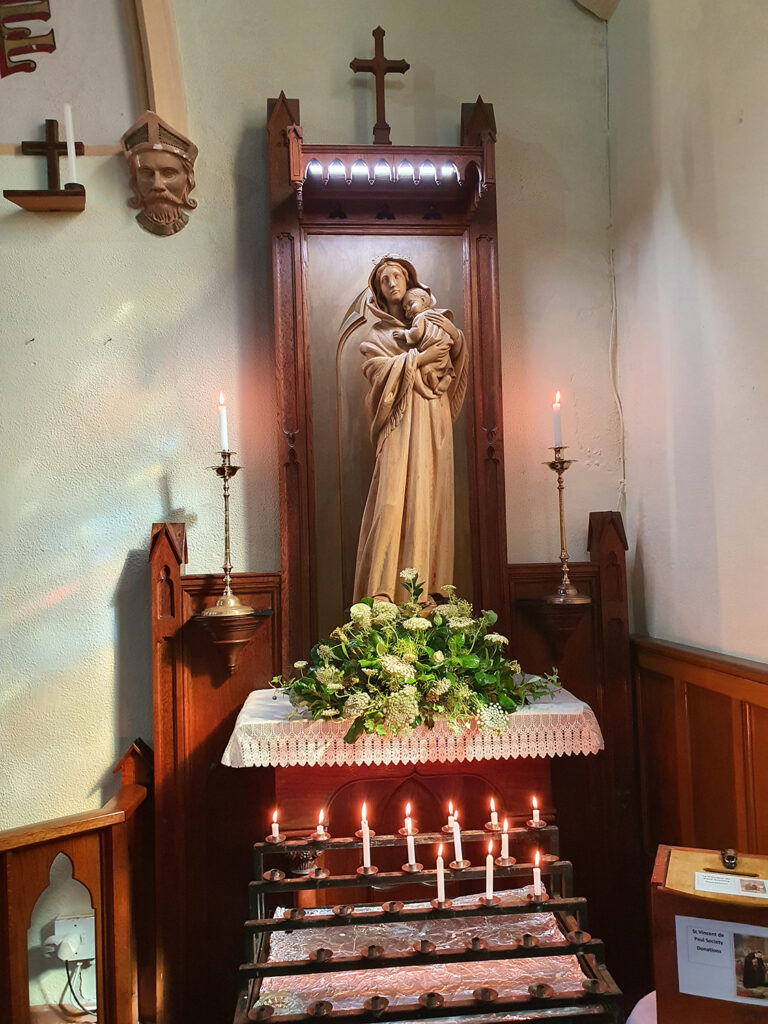
Team
A team of women consistently arrange flowers within the church.
We enthusiastically welcome additional assistance from more women!
The volunteers aren’t expected to cover flower costs personally; any expenses are reimbursed.
We would greatly appreciate donations from parishioners to support the church’s floral arrangements.
Arrangements are rotated weekly, typically with one person handling it per week.
For significant occasions like Christmas, Easter, Confirmation, and First Holy Communion, we collaborate as a group due to the extensive effort required.
Crafting the elaborate Christmas arrangements, for instance, took countless hours. Likewise, disassembling and cleaning up after, particularly the agapanthus flowers, posed quite a task!
Funding
The expenses for the flowers are covered using funds from the Ladies’ group.
On certain occasions, like First Holy Communion and Confirmation, parents contribute to the flower costs.
Additionally, we have to allocate funds for Oasis, a somewhat costly item, and for purchasing vases as needed.
Utilising Silk Flowers
To economise, we make use of a decent collection of silk flowers available at the church.
These are used as substitutes between real flower arrangements.
If any parishioners possess silk flowers in good condition that they’re willing to donate, we would be delighted to accept them.
Weddings and Funerals
We extend our flower services to weddings and funerals as well, provided we have donations to offset the flower expenses.
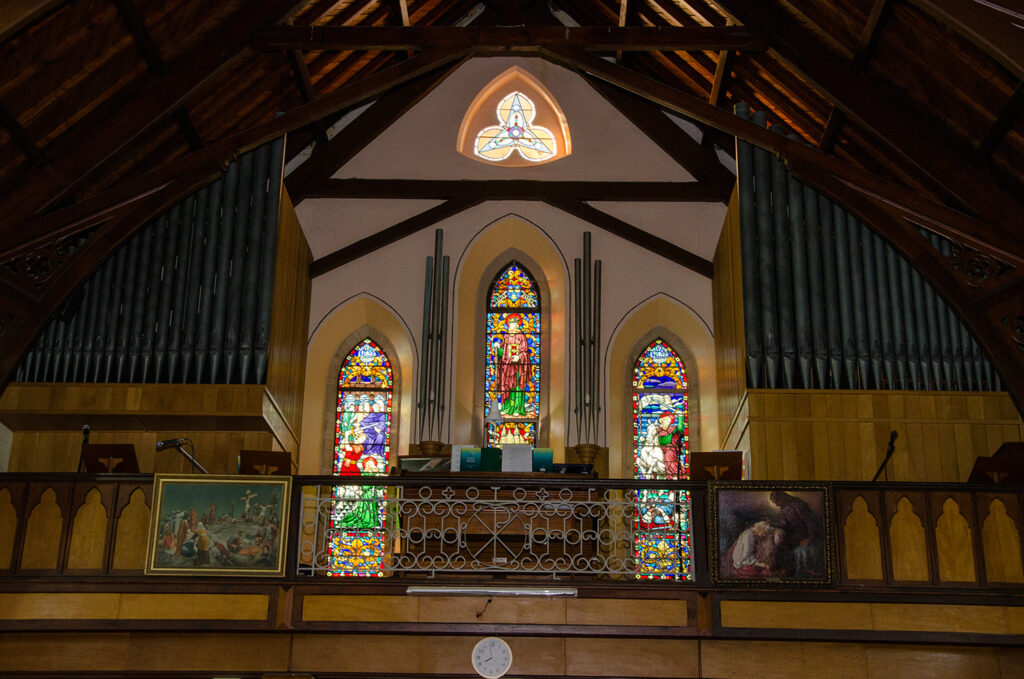
Music at our 9:00 am Sunday morning mass is of a traditional nature.
Choir practices are on Thursday evenings at 6:30 pm in the Church.